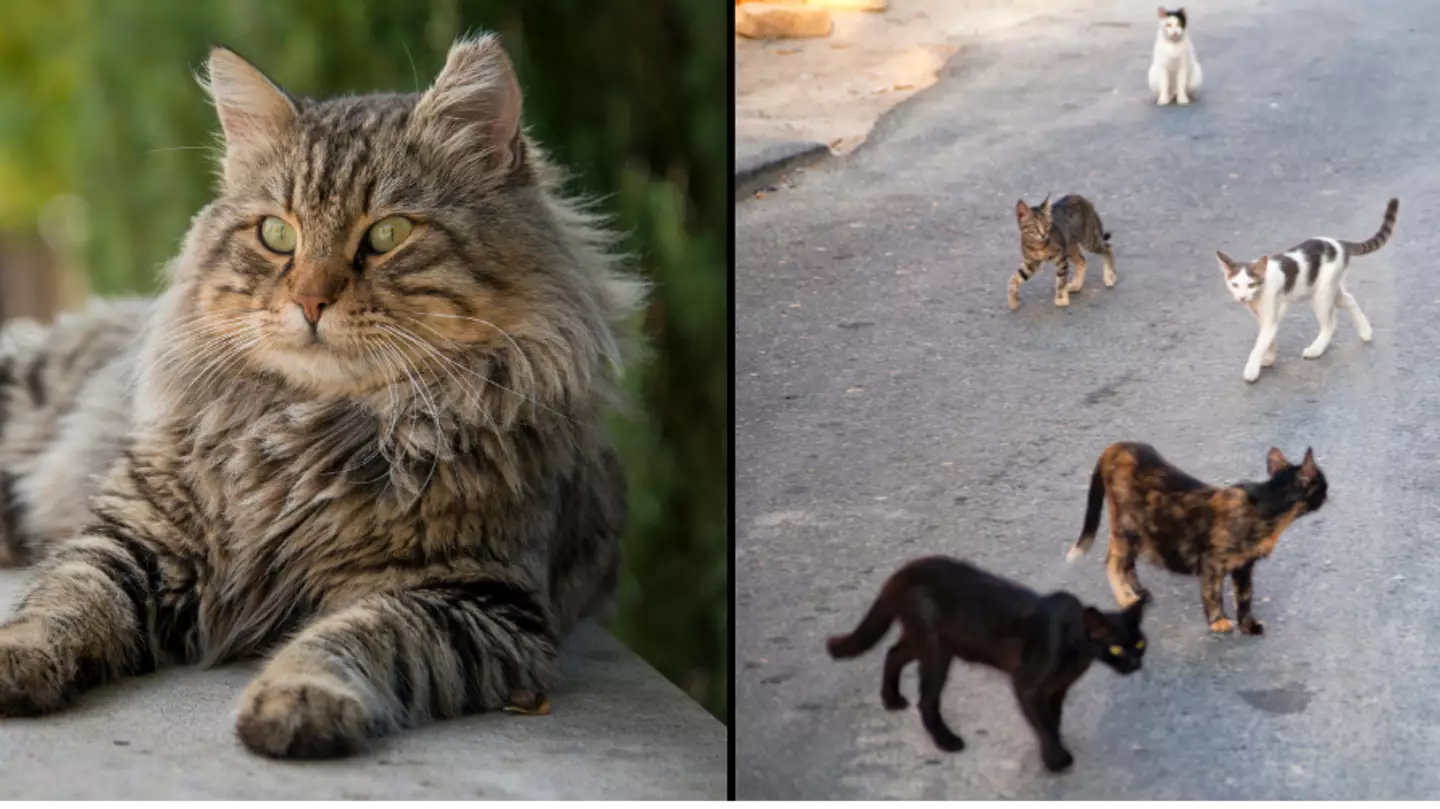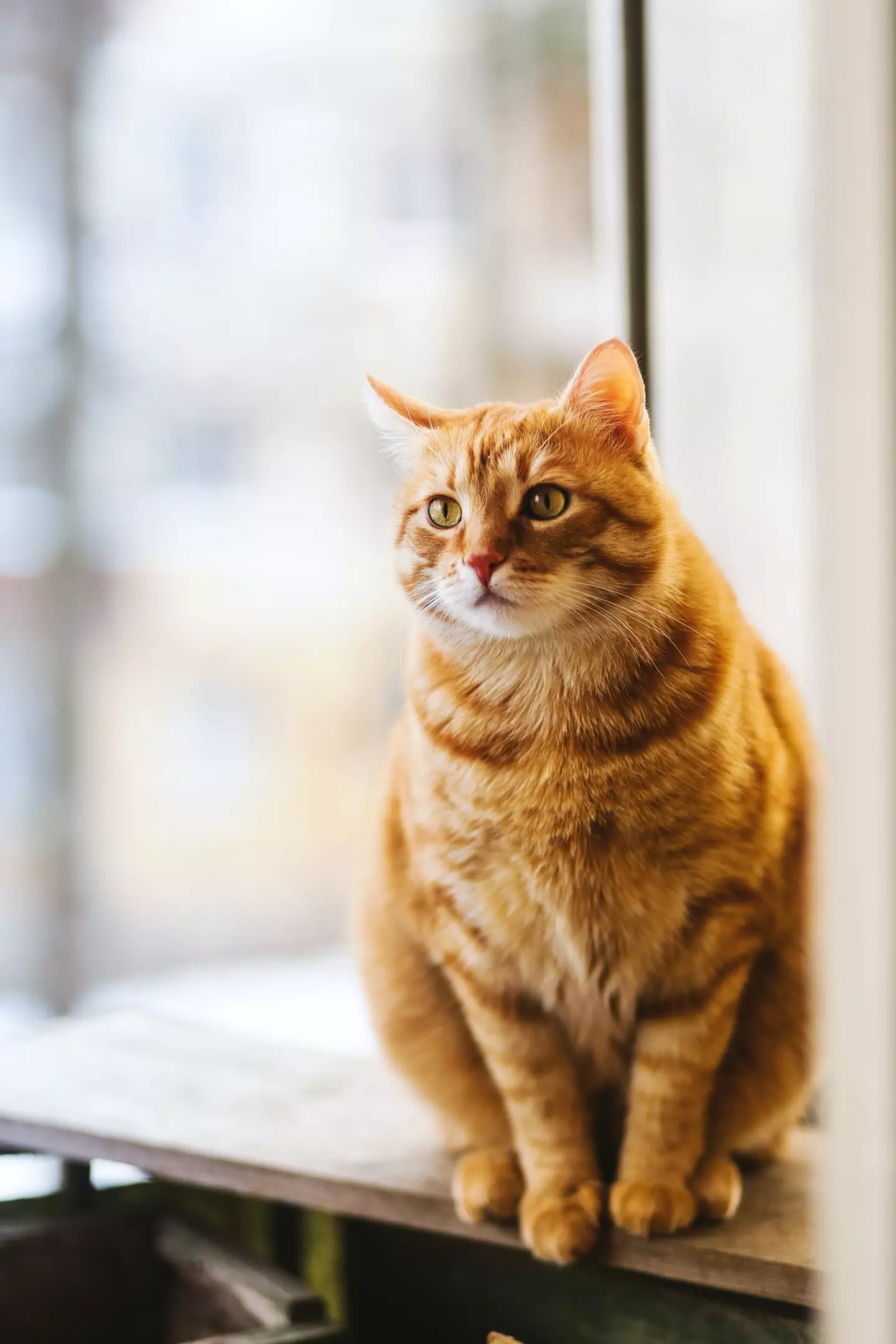
Vets have warned that a deadly virus killing cats in Cyprus could have catastrophic consequences if it made its way to the UK.
A deadly outbreak of feline infectious peritonitis (FIP) has swept through the country, killing around 300,000 cats since January, Sky News reports.
FIP is a disease caused by feline coronavirus (FCoV), and currently, there are very few treatment options for cats that contract it.
While FCoV is fairly common and spreads quite easily among the animals, most cats who pick it up don’t have symptoms.
Advert

However, it can mutate into FIP which is much more serious - with very few cats surviving the illness.
Dr Jo Lewis, a feline veterinary surgeon, explained to Sky News that the virus spreads particularly quickly in places where cats are living in close quarters, such as rescue centres.
But she warned it can also be spread by humans.
"It's also important to note that the virus can be transmitted mechanically on grooming brushes, cat litter scoops and even on human feet and hands," she told the news outlet.
"That theory may explain why many indoor-only cats in Cyprus are being affected."
FIP can be hard to diagnose, but most that have contracted the virus will have a high temperature, go off their food and become more lethargic and tired than usual.
The disease is usually only present in around one percent of cats, however, the current outbreak in Cyprus could see that number rise to around 40 or 50 percent.
Dr Lewis added: "What's concerning about the evidence from the Cyprus outbreak, is that a particularly nasty FCoV mutation seems to have already occurred."

The vet has also warned that if it makes its way to the UK it could have a devastating impact on our cats.
Dr Lewis told Sky News: "There's a genuine risk that if this gets into the UK it could have catastrophic consequences on our favourite pets.
"Anyone who has witnessed FIP heartache first-hand will understand the potential impact."
The vet said that the biggest risk to cats in Britain is via importing the animals.
Dr Lewis added: "We have a long history with Cyprus and plenty of British expats live and travel back and forth so the risk to UK cats is significant.”
For now, there are few treatment options available in the UK and they’re all pretty expensive.
Dr Lewis says there’s an injection - similar to one given to humans who contract coronavirus - and a tablet, but neither option is cheap.
And sadly, the drugs are not currently available in Cyprus.
Topics: World News, Animals